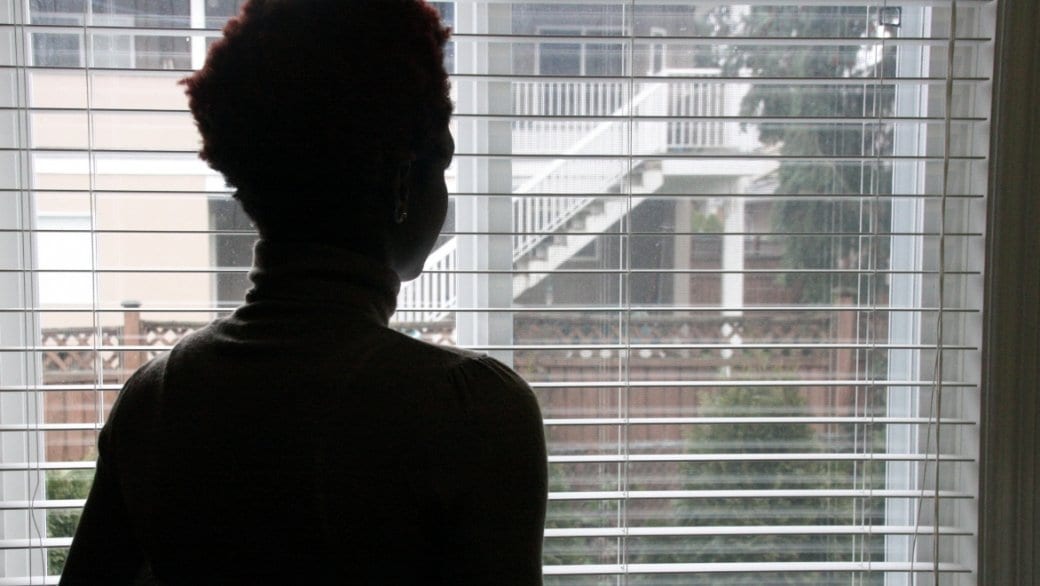“I’m happy. So happy,” Angela says, two days after authorities halted her deportation at the last minute.
The 21-year-old lesbian was scheduled to be deported on Jan 18, 2017, after Canada’s Immigration and Refugee Board denied her request for asylum here.
Angela is from West Africa. Xtra agreed not to publish her last name or her specific country of origin because Angela says being lesbian or gay is a crime in her home country, and she fears that if she’s forced to return there she’ll be arrested, assaulted or even killed.
Just 24 hours before she was scheduled to be deported, Angela was granted a stay of removal, allowing her to remain in Canada and appeal her case. “When I got the news I was relieved,” she says. “I wasn’t scared anymore of going back home.”
But Angela’s future is uncertain. The reprieve does not mean she can remain in Canada permanently; it only provides her lawyer and advocates time to prepare her case for a judicial review. Her advocates say that her last hearing failed to consider crucial evidence — a newspaper article published last summer in her home country that publicly outed her and, they say, put her in danger.
“I fear going back to my country because the LGBT people in my country they are not treated fairly. I’ve seen what is happening and I’ve heard what’s been happening there,” Angela says.
“Back home they call it something like ‘jungle justice.’ You never know who attacks you because once people know you are a lesbian, they keep attacking you from every corner.”
She says that in 2015 when photos surfaced of her with her then-girlfriend, Angela’s father was arrested and taken in for questioning because the police did not believe she was actually out of the country. That was how he learned his daughter is a lesbian; they have hardly spoken since and he cut her off financially.
“My dad has refused to pay my fees [for school],” she says.
Angela came to Canada in 2014 as an international student and began studying business administration at a college in Vancouver. She describes herself as creative and hopes to one day open a hair salon or maybe a dress shop because of her interest in fashion design.
She has been trying to navigate Canada’s immigration system with the help of her lawyer and advocacy organizations like Rainbow Refugee and the Vancouver Association for the Survivors of Torture. She reports regularly to the Canada Border Services Agency, and it was during one of these routine visits last week that a CBSA officer suddenly informed her she was going to be deported.
“He started telling me I need to leave Canada as soon as possible. I told him, ‘How do you expect me to go back when I’m scared of dying?’”
Angela says this is when officers detained her, citing concerns she would not show up for her deportation. She was placed in detention for four days until her lawyer secured her release.
“I have never been in such an area before. I’ve never had handcuffs on me before,” she says. “I didn’t feel that was right. I felt like a criminal.”
During this time, Angela’s lawyer sought a stay of removal. Her advocates met with MP Jenny Kwan who, in turn, appealed to Immigration, Refugees and Citizenship Minister Ahmed Hussen to intervene. Though a spokesperson from Immigration, Refugees and Citizenship Canada could not, due to privacy laws, confirm whether Hussen intervened, Kwan credits Hussen for the stay of removal.
As for Angela, she can rest a little easier after a tumultuous week, knowing that at least for the time being she does not have to return to her home country.
“I would just like a normal life, to go back to school because I love to go to school,” she says. “I just want to go to school and live a normal life like anyone does.”

 Why you can trust Xtra
Why you can trust Xtra


